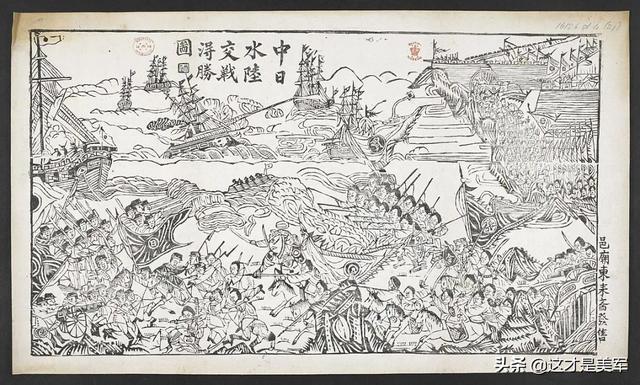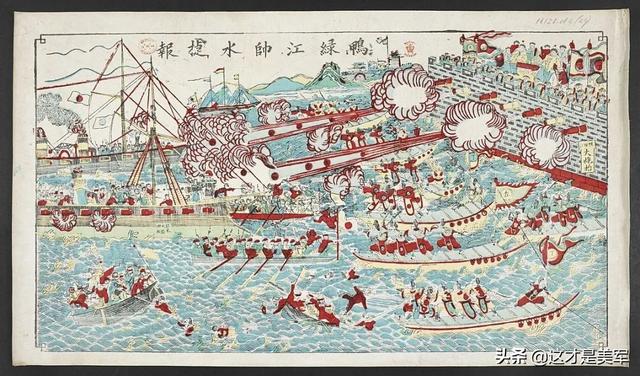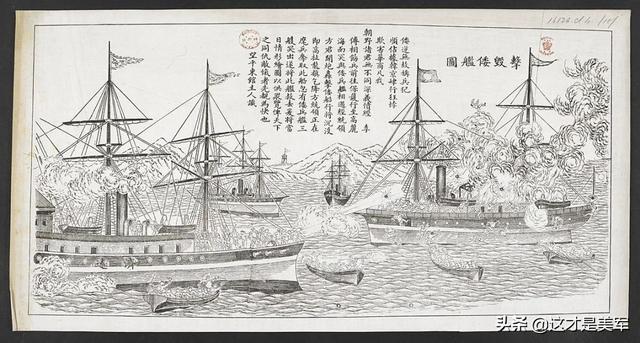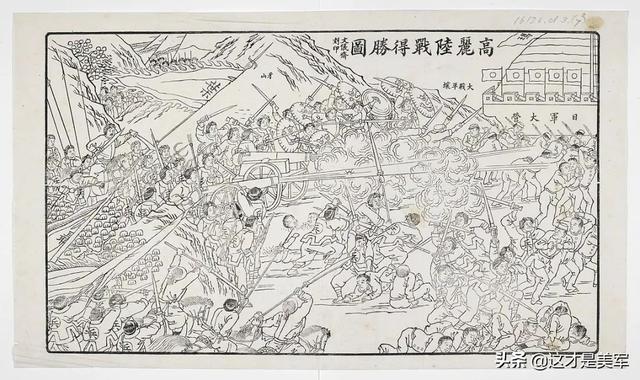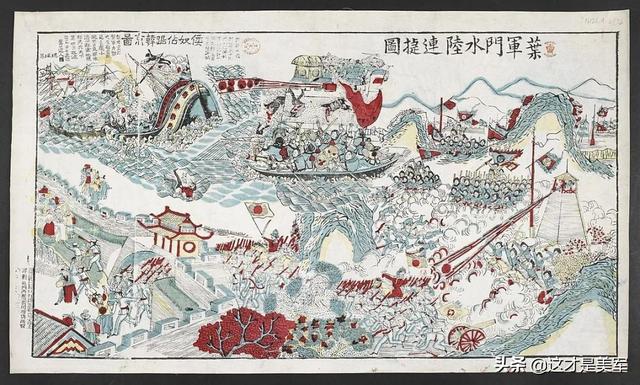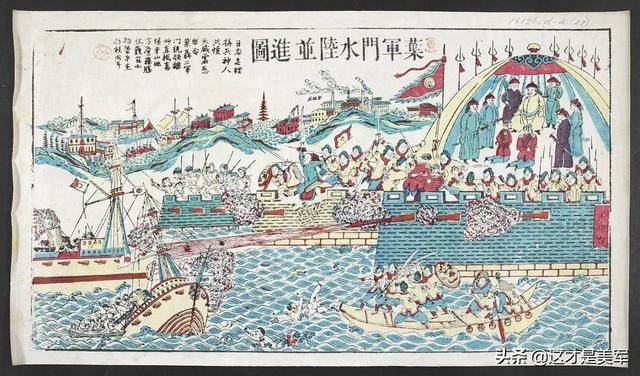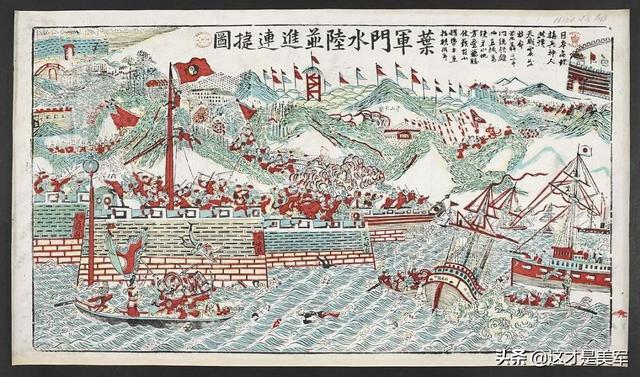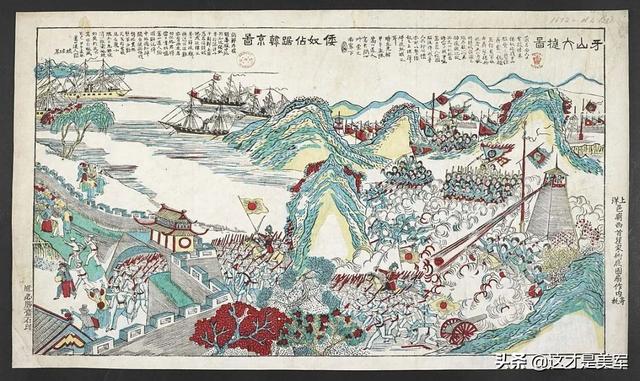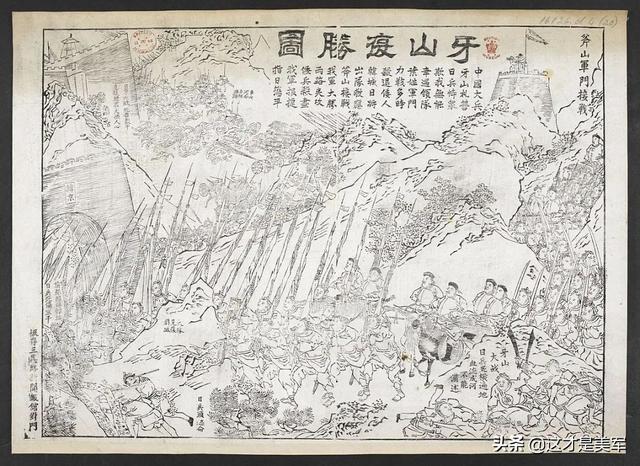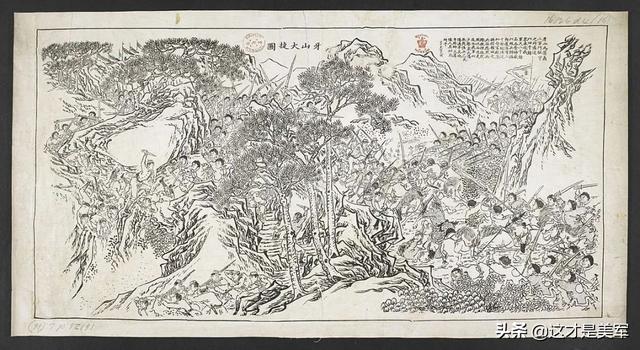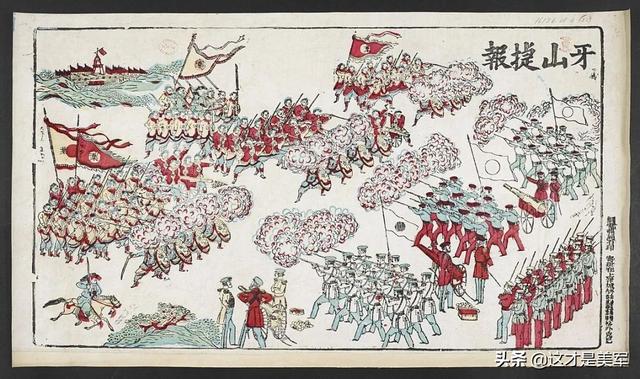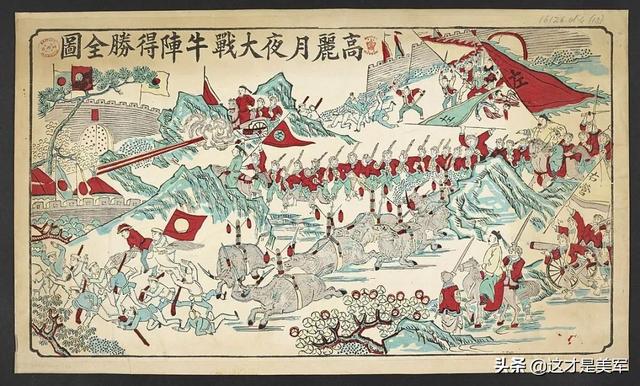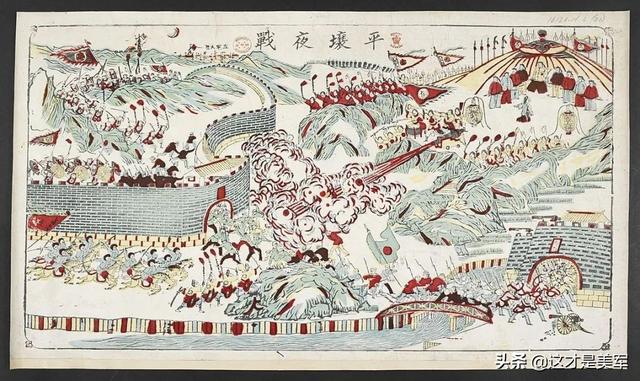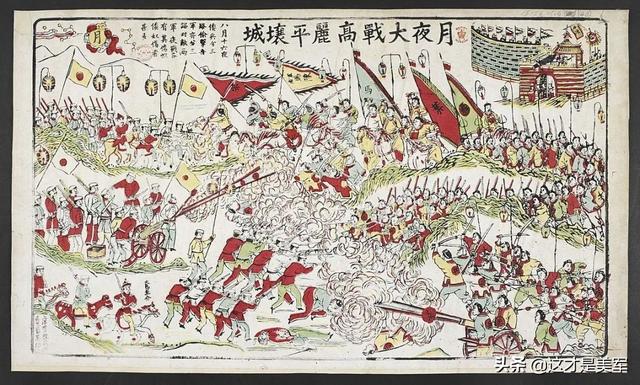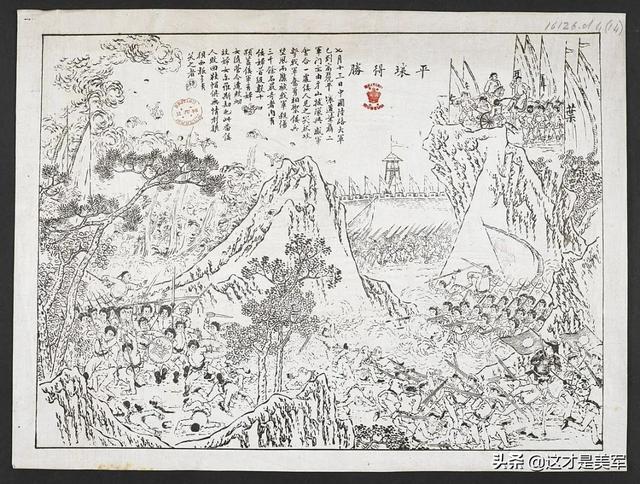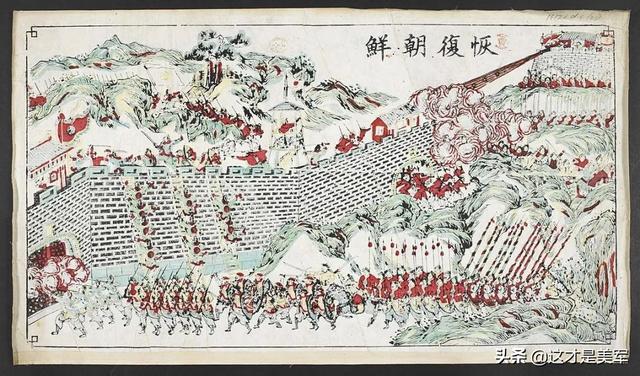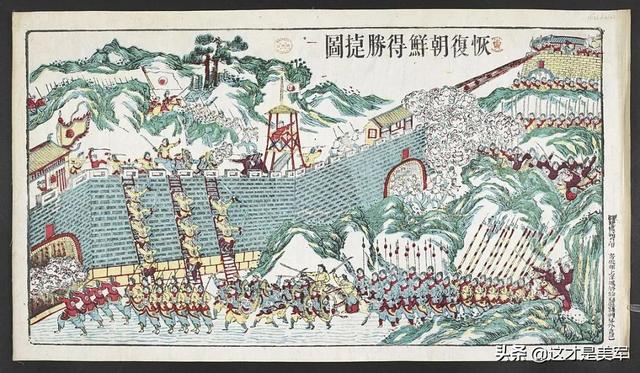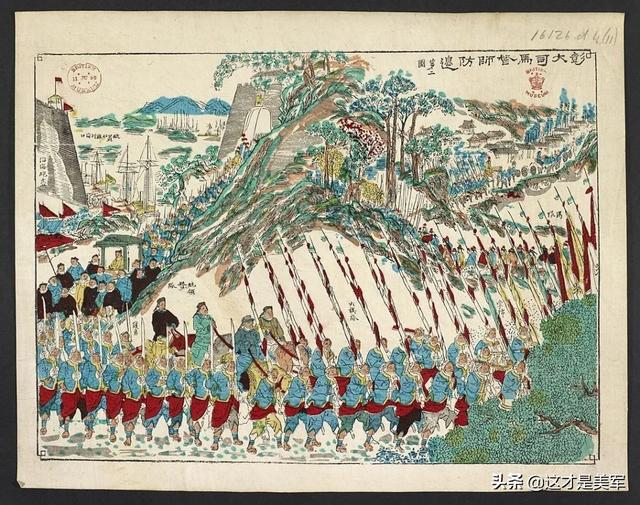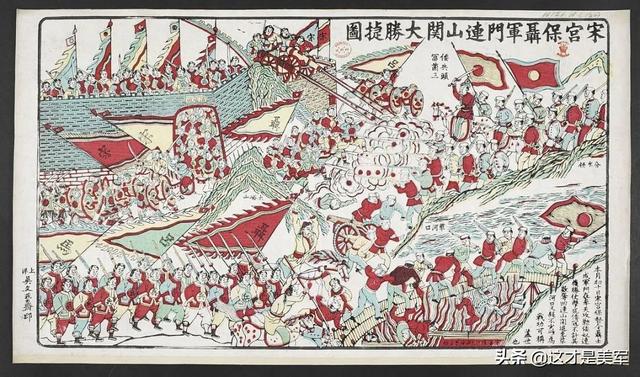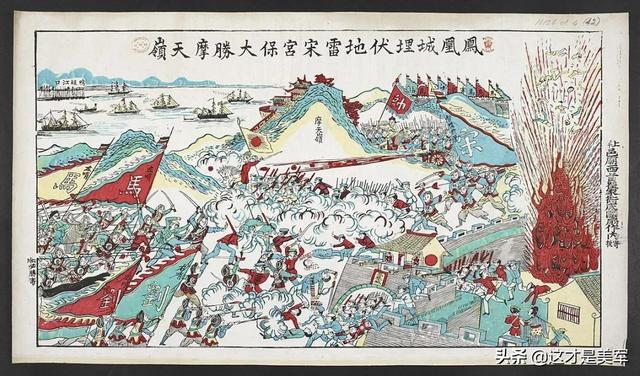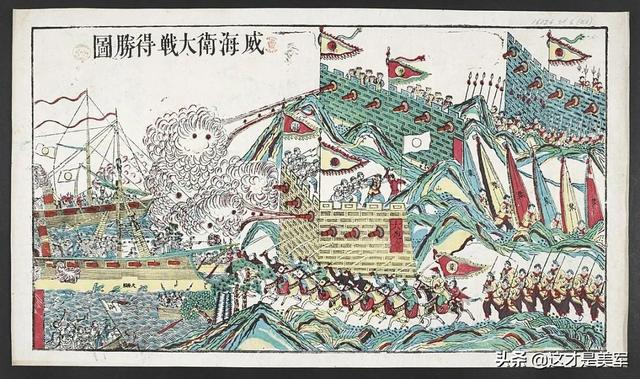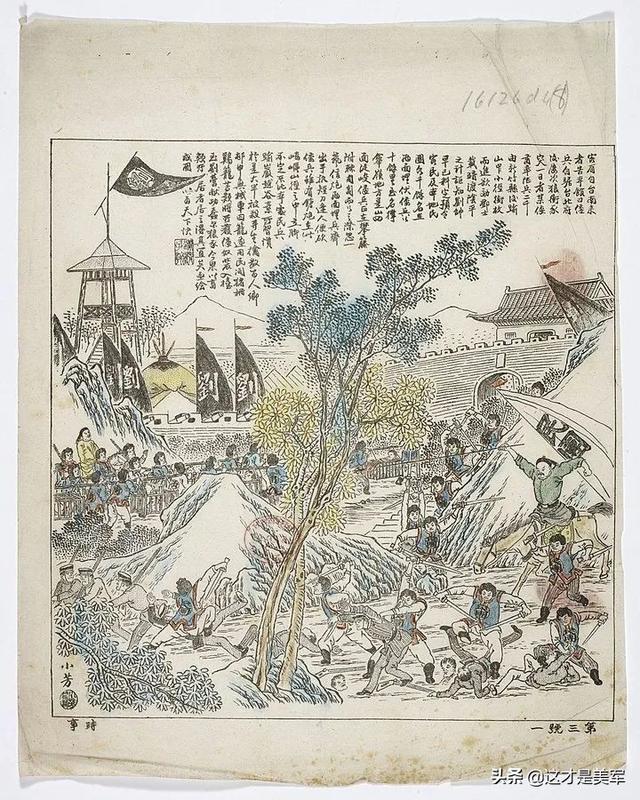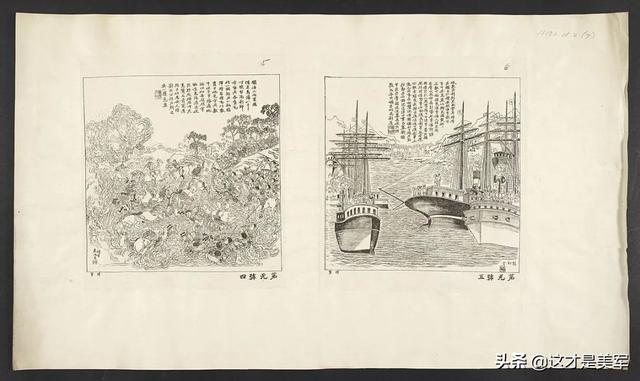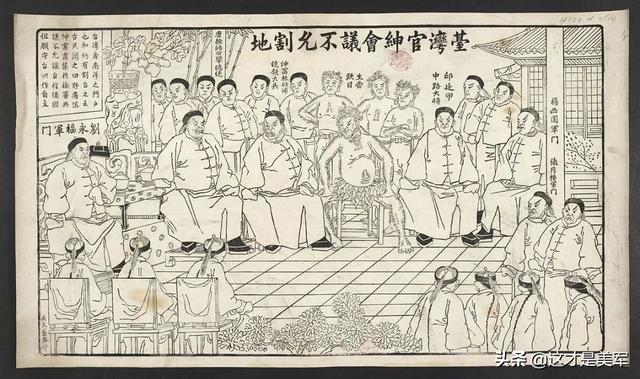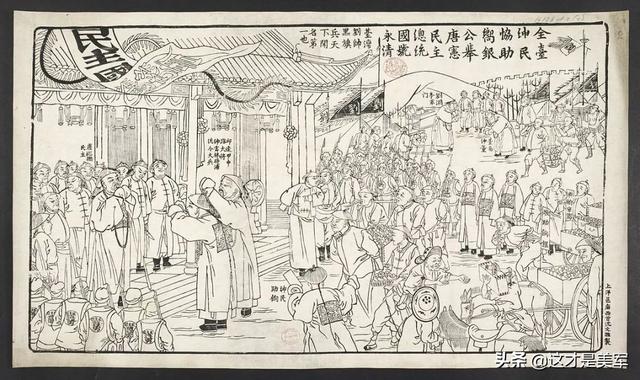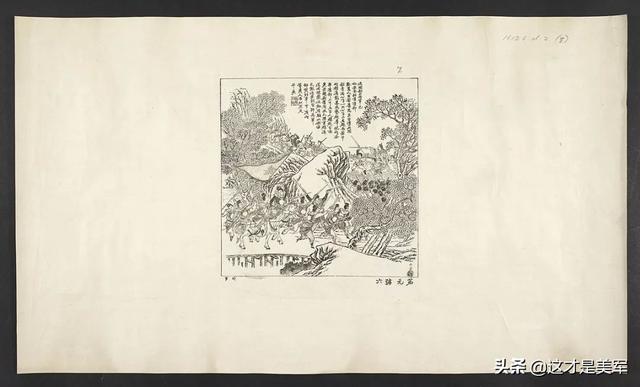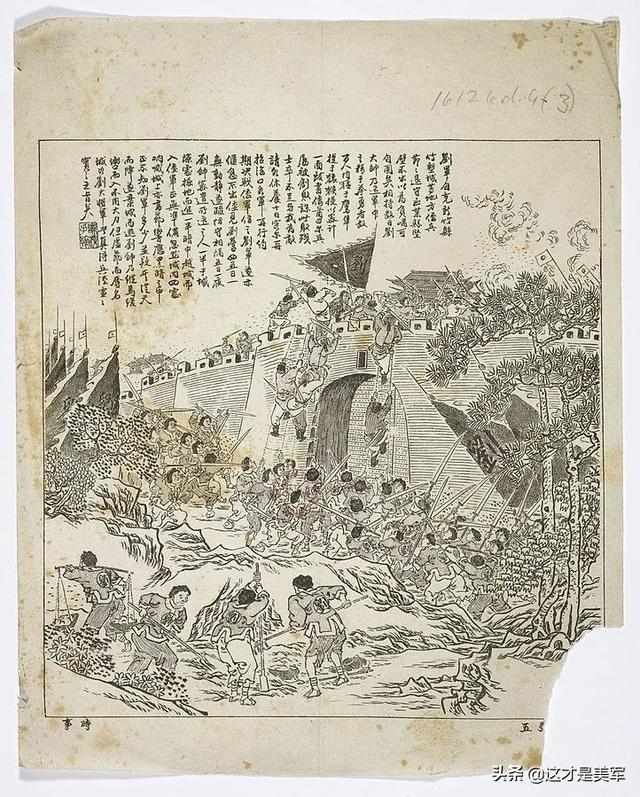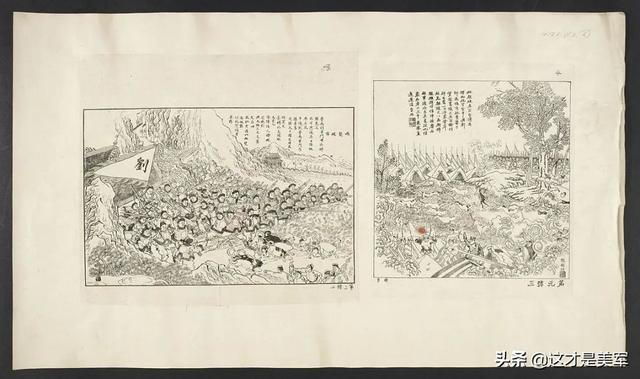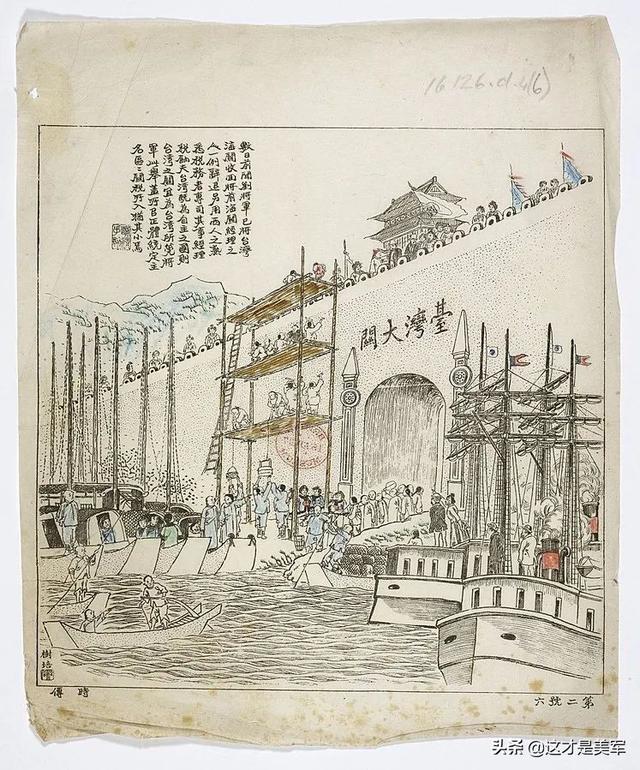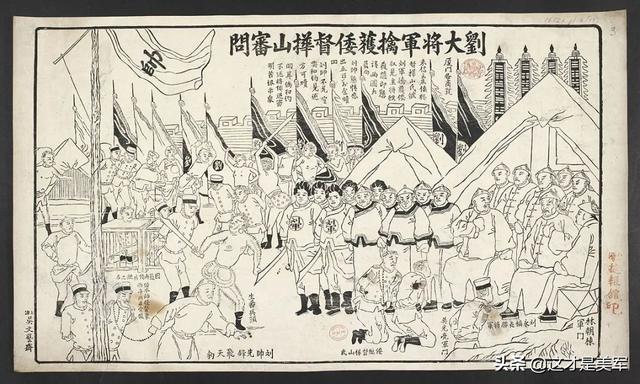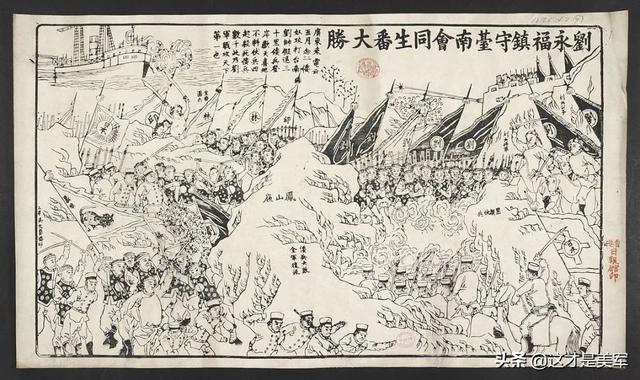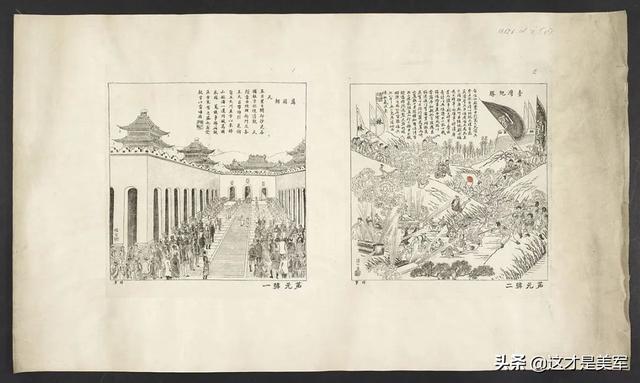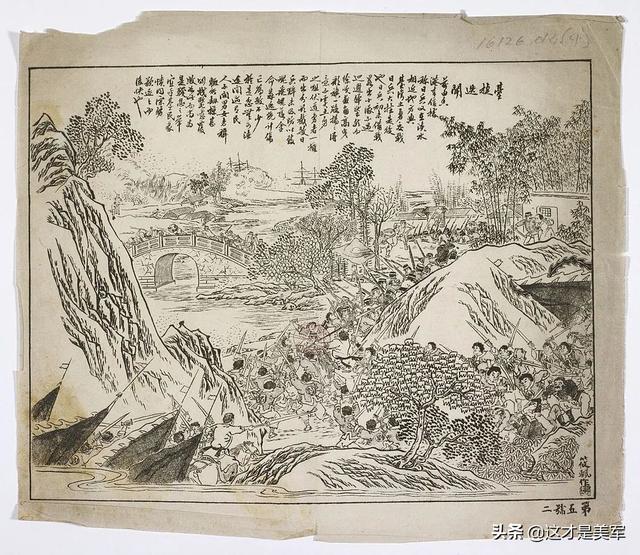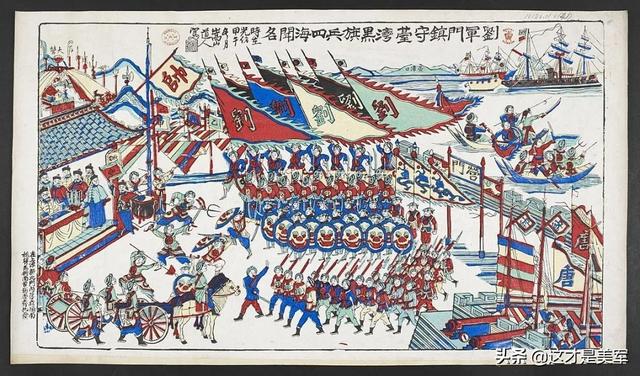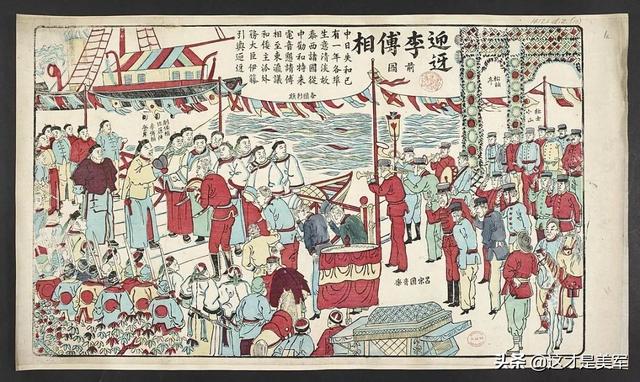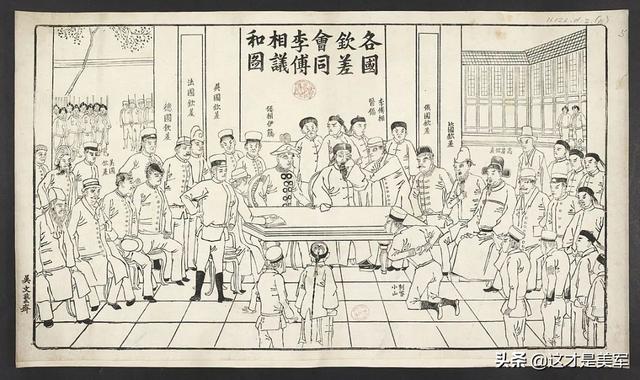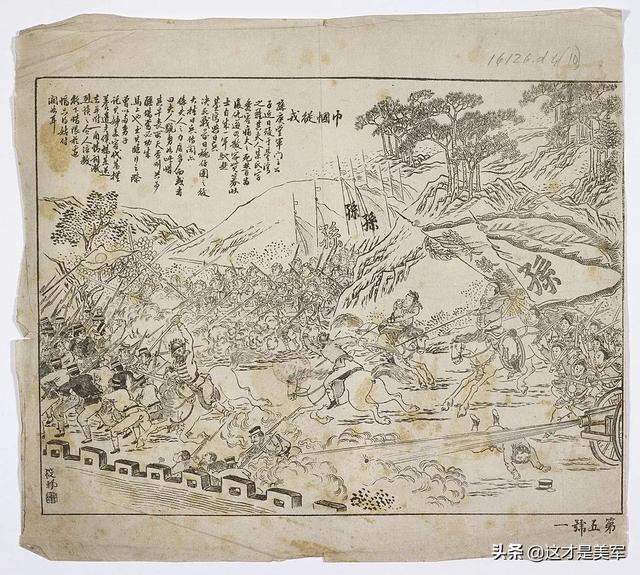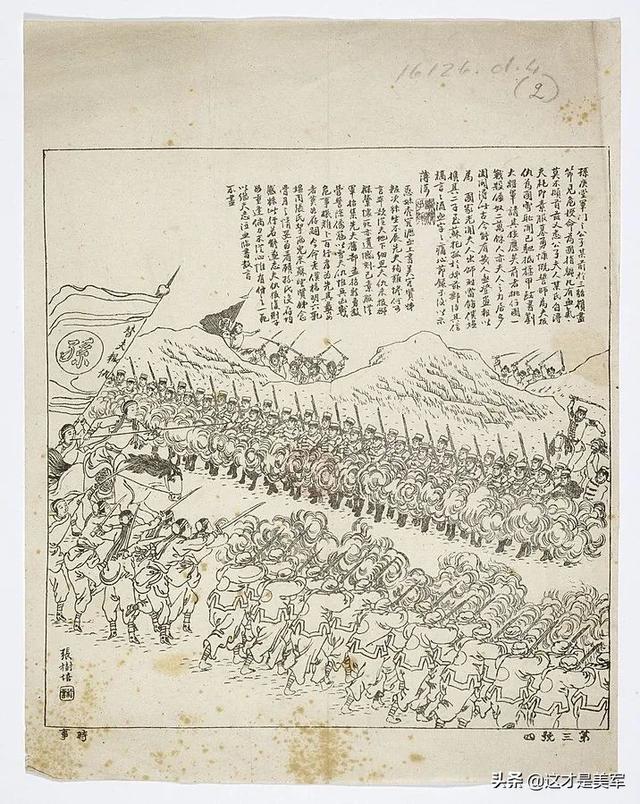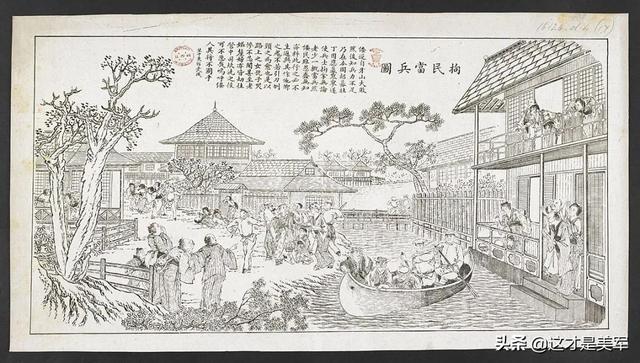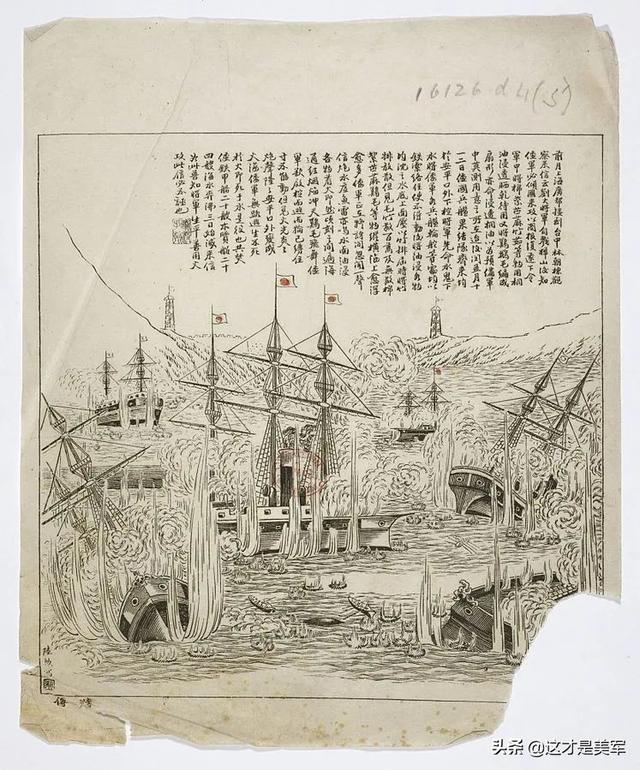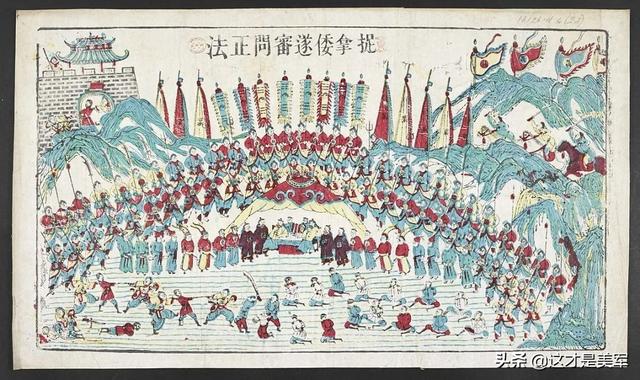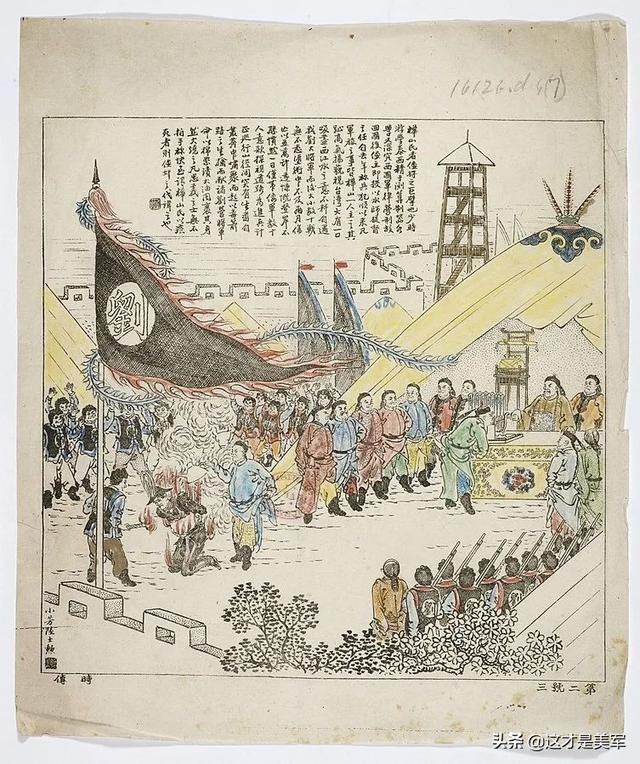LONDON — Ever since the coronavirus emerged in Europe, Sweden has captured international attention by conducting an unorthodox, open-air experiment. It has allowed the world to examine what happens in a pandemic when a government allows life to carry on largely unhindered.
This is what has happened: Not only have thousands more people died than in neighboring countries that imposed lockdowns, but Sweden’s economy has fared little better.
“They literally gained nothing,” said Jacob F. Kirkegaard, a senior fellow at the Peterson Institute for International Economics in Washington. “It’s a self-inflicted wound, and they have no economic gains.”
The results of Sweden’s experience are relevant well beyond Scandinavian shores. In the United States, where the virus is spreading with alarming speed, many states have — at President Donald Trump’s urging — avoided lockdowns or lifted them prematurely on the assumption that this would foster economic revival, allowing people to return to workplaces, shops and restaurants.
In Britain, Prime Minister Boris Johnson — previously hospitalized with COVID-19 — reopened pubs and restaurants last weekend in a bid to restore normal economic life.
Implicit in these approaches is the assumption that governments must balance saving lives against the imperative to spare jobs, with the extra health risks of rolling back social distancing potentially justified by a resulting boost to prosperity. But Sweden’s grim result — more death and nearly equal economic damage — suggests that the supposed choice between lives and paychecks is a false one: A failure to impose social distancing can cost lives and jobs at the same time.
Sweden put stock in the sensibility of its people as it largely avoided imposing government prohibitions. The government allowed restaurants, gyms, shops, playgrounds and most schools to remain open. By contrast, Denmark and Norway opted for strict quarantines, banning large groups and locking down shops and restaurants.
More than three months later, the coronavirus is blamed for 5,420 deaths in Sweden, according to the World Health Organization. That might not sound especially horrendous compared with the more than 129,000 Americans who have died. But Sweden is a country of only 10 million people. Per million people, Sweden has suffered 40% more deaths than the United States, 12 times more than Norway, seven times more than Finland and six times more than Denmark.
The elevated death toll resulting from Sweden’s approach has been clear for many weeks. What is only now emerging is how Sweden, despite letting its economy run unimpeded, has still suffered business-destroying, prosperity-diminishing damage and at nearly the same magnitude of its neighbors.
Sweden’s central bank expects its economy to contract by 4.5% this year, a revision from a previously expected gain of 1.3%. The unemployment rate jumped to 9% in May from 7.1% in March. “The overall damage to the economy means the recovery will be protracted, with unemployment remaining elevated,” Oxford Economics concluded in a recent research note.
This is more or less how damage caused by the pandemic has played out in Denmark, where the central bank expects that the economy will shrink 4.1% this year and where joblessness has edged up to 5.6% in May from 4.1% in March.
In short, Sweden suffered a vastly higher death rate while failing to collect on the expected economic gains.
The coronavirus does not stop at national borders. Despite the government’s decision to allow the domestic economy to roll on, Swedish businesses are stuck with the same conditions that produced recession everywhere else. And Swedish people responded to the fear of the virus by limiting their shopping — not enough to prevent elevated deaths but enough to produce a decline in business activity.
Here is one takeaway with potentially universal import: It is simplistic to portray government actions such as quarantines as the cause of economic damage. The real culprit is the virus itself. From Asia to Europe to the Americas, the risks of the pandemic have disrupted businesses while prompting people to avoid shopping malls and restaurants, regardless of official policy.
Sweden is exposed to the vagaries of global trade. Once the pandemic was unleashed, it was certain to suffer the economic consequences, said Kirkegaard, the economist.
“The Swedish manufacturing sector shut down when everyone else shut down because of the supply chain situation,” he said. “This was entirely predictable.”
What remained in the government’s sphere of influence was how many people would die.
“There is just no questioning and no willingness from the Swedish government to really change tack, until it’s too late,” Kirkegaard said. “Which is astonishing, given that it’s been clear for quite some time that the economic gains that they claim to have gotten from this are just nonexistent.”
Norway, on the other hand, was not only quick to impose an aggressive lockdown, but early to relax it as the virus slowed, and as the government ramped up testing. It is now expected to see a more rapid economic turnaround. Norway’s central bank predicts that its mainland economy — excluding the turbulent oil and gas sector — will contract by 3.9% this year. That amounts to a marked improvement over the 5.5% decline expected in the midst of the lockdown.
Sweden’s laissez faire approach does appear to have minimized the economic damage compared with its neighbors in the first three months of the year, according to an assessment by the International Monetary Fund. But that effect has worn off as the force of the pandemic has swept through the global economy, and as Swedish consumers have voluntarily curbed their shopping anyway.
Researchers at the University of Copenhagen gained access to credit data from Danske Bank, one of the largest in Scandinavia. They studied spending patterns from mid-March, when Denmark put the clamps on the economy, to early April. The pandemic prompted Danes to reduce their spending 29% in that period, the study concluded. During the same weeks, consumers in Sweden — where freedom reigned — reduced their spending 25%.
Strikingly, older people — those over 70 — reduced their spending more in Sweden than in Denmark, perhaps concerned that the business-as-usual circumstances made going out especially risky.
Collectively, Scandinavian consumers are expected to continue spending far more robustly than in the United States, said Thomas Harr, global head of research at Danske Bank, emphasizing those nations’ generous social safety nets, including national health care systems. Americans, by contrast, tend to rely on their jobs for health care, making them more cautious about their health and their spending during the pandemic, knowing that hospitalization can be a gateway to financial calamity.
“It’s very much about the welfare state,” Harr said of Scandinavian countries. “You’re not as concerned about catching the virus, because you know that, if you do, the state is paying for health care.”


